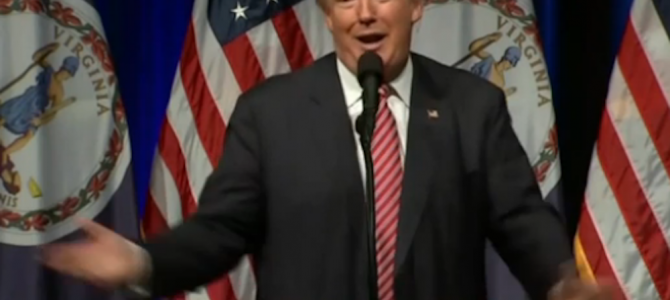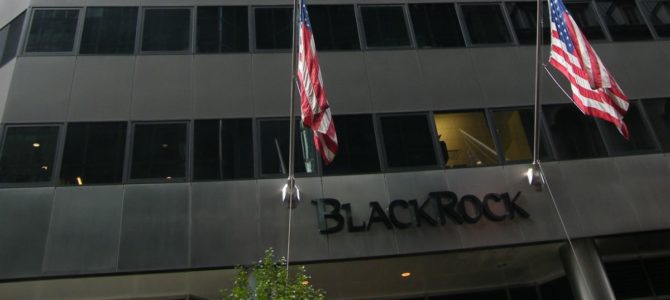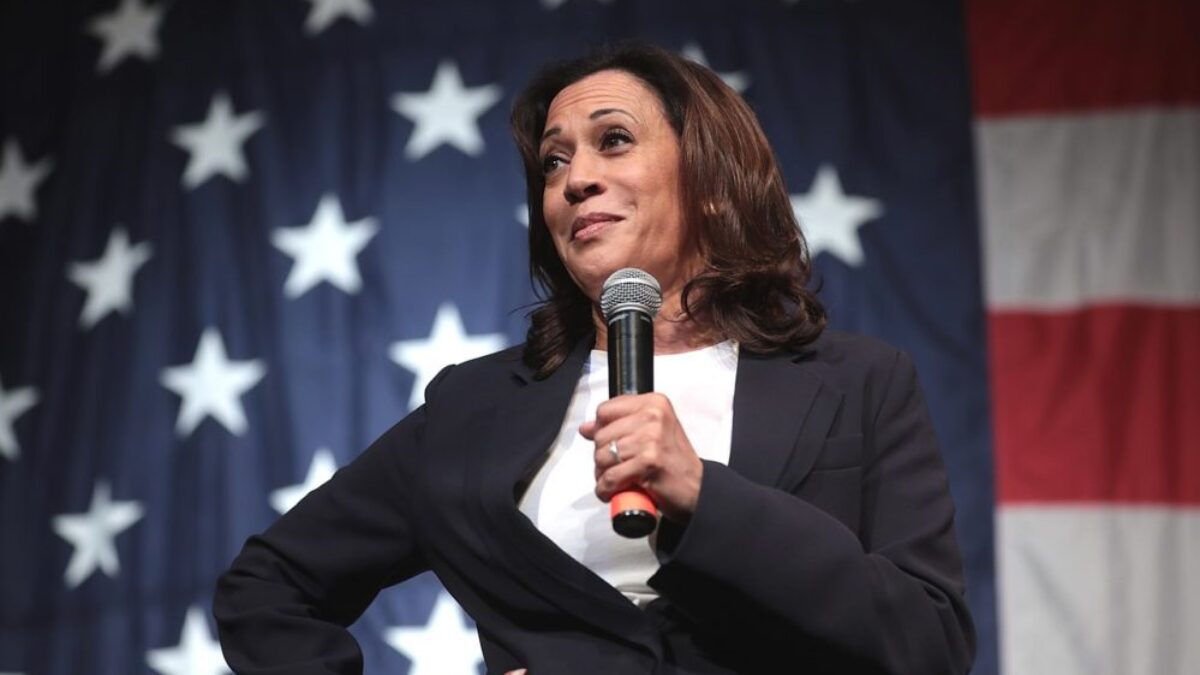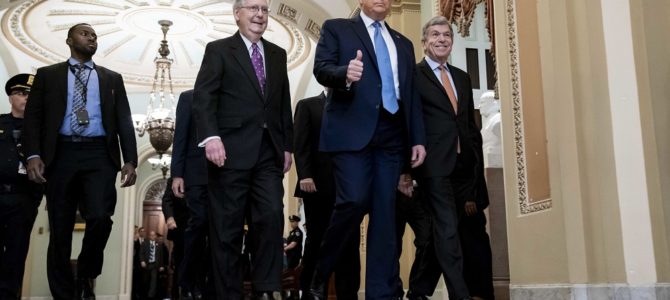
Donald Trump won the presidency with a promise to “drain the swamp” of crony insider deals in Washington DC. Then again, he won the presidency with a whole lot of promises, including one to save American manufacturing jobs from competition with cheap labor in China and Mexico.
Spoiler alert: he is not going to save American manufacturing jobs, because China and Mexico are not the reason those jobs are disappearing. The big truth is that American manufacturing output has steadily increased all along and is at record highs. We still produce things in this country. But American manufacturing employment has been in steep decline, because while we produce more things then ever, we produce them with more machines and fewer workers.
It’s all there in this graph, and China and Mexico really have nothing to do with it.
This is not actually a problem, in the long run, because we don’t want to be a country with an economy built on unskilled or low-skilled manual labor. Economies built on that basis enjoy much lower standards of living than ours. We want to be a country with a skilled labor force capable of performing the more productive work involved in highly automated manufacturing. Automation literally is higher productivity, and higher productivity is prosperity.
Trump is not going to change these big trends, because he is not going to overturn the laws of economics. But Trump is a showman, and he knows that he can make a big show of reversing these trends and “bringing back our jobs.” Hence his big announcement about how he personally negotiated a deal to get Carrier to keep a thousand jobs at a plant in Indiana instead of shifting them to a new factory in Mexico. (Another 1,300 jobs are still going south of the border, but that’s buried down in the seventh paragraph, so nobody is going to notice.)
So how did Trump make this deal? With your money, of course. The company agreed after a personal call to the CEO from the president-elect—and oh, yeah, after Mike Pence, Indiana’s current governor and our vice-president-elect, offered them a big fat chunk of what the New York Times report calls “economic incentives.” That’s buried in the eighth paragraph, demonstrating that our media is doing its usual bang-up job. So in place of crony insider deals made in Washington DC, we get crony insider deals made in Indianapolis.
Be a Shame If You Lost Your Government Contracts
But wait, it gets worse. The Indiana incentives are probably not the real reason for the decision. They don’t offset the $65 million a year the move to Mexico was going to save Carrier. So part of the story here is that Trump “helped” a manufacturing company by costing it millions of dollars a year in extra expenses. But the $65 million was actually small change. What’s really at stake is buried even farther down than paragraph 8:
While Carrier will forfeit some $65 million a year in savings the move was supposed to generate, that’s a small price to pay to avoid the public relations damage from moving the jobs as well as a possible threat to United Technologies’ far-larger military contracting business.
Roughly 10 percent of United Technologies’ $56 billion in revenue comes from the federal government; the Pentagon is its single largest customer. With $4 billion in profit last year, the company has the flexibility to find the savings elsewhere.
Members of Congress have been pressing to punish big military contractors if they move jobs outside the United States.
So let’s see: the president cuts a deal with corporate executives to give him favors—in this case, a press conference and some good PR—in exchange for straightforward handouts and the implicit promise of greater rewards in the future, to be gained from personal access to public officials. What would you call that?
A New York investment banker sums up the situation: “If we step back and I’m looking at earnings of $6.60 per share this year, 2 cents is an easy concession if the president-elect listens to some of the company’s bigger concerns.” Or, as a trade expert puts it, “Goodwill is an asset. Companies all the time want to build goodwill with their governments.”
I call that a form of pay-to-play. And that brings us back to Trump’s promise to drain the swamp. It was ridiculous from the beginning, of course. Trump is a swamp creature if ever there was one. So all he has done is to change the swamp. Rather than horse-trading to provide special favors to one group of cronies, we’re going to have horse-trading to provide special favors to another group of cronies. The difference is that the president himself, who fancies himself a master dealmaker, will be openly at the center of the favor-trading.
You might say that this is different because Trump is trading favors in order to do something that’s really good for the people, for the little guy. Sure, but that’s what they say about every one of these deals. There are always jobs at stake back home, and we’re going to bring home manufacturing, and it’s good for national security, and for puppies, and the children. You can’t possibly hate the children, can you?
But you can make the same case for somebody else’s business, or for the customers who won’t benefit from cheaper goods that might have been made elsewhere. Somebody has to choose the winners and losers in this contest. And that’s how we got the swamp in the first place. There’s always an excuse for why your gang’s favor-trading is in the public interest, while the other guy’s favor-trading is cronyism.
So before Trump even takes office, he’s letting us know that he definitely won’t drain the swamp. You didn’t really think he would, did you?
Follow Robert on Twitter.









